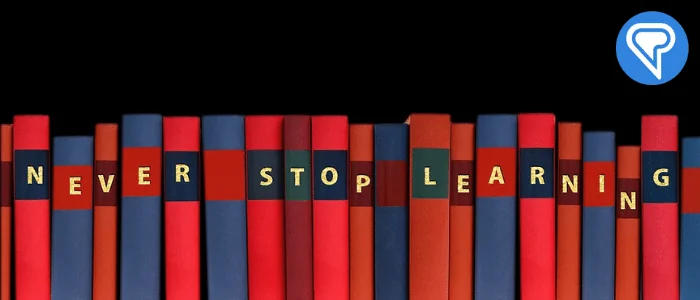The Mind of the Language Learner was uploaded onto Steve’s YouTube channel on
December 27, 2018
Hi there, Steve Kaufmann here still in London enjoying a relaxed Christmas/New Year period with my son and his family, visiting with some of their friends and just enjoying being in London. Today I want to talk about what I would call the mind of the language learner and I do that because I’ve been reading a book written by Daniel Willoughby called The Mind of the Reader.
I talk a bit from time to time about reading. Reading is so important. It’s the most powerful tool most readily available to people to improve their academic success, their opportunities in terms of professional success. A lot of people struggle with reading and those people who read the best end up doing better in life, so we should be more successful at teaching people to read.
By enlarge, in most countries there are a lot of people who don’t read well so there are many books written on the subject and I tend to go out and buy them and read them. Typically, I’ll see them mentioned on Twitter and I’ll buy them from Amazon and have them available to read on my Kindle, but then I always think of the applications to language learning.
The important point that Mr. Willoughby makes, and I’ll leave a link to the book here in the explanation box, is that it’s important for reading what the attitude of the reader is. We can talk about techniques for teaching reading, but ultimately good readers are people who read a lot. People who read a lot are people who enjoy reading. How do we get people to enjoy reading? It’s kind of a virtuous circle. If you enjoy reading you read more, therefore you become a better reader, therefore you enjoy reading more. You read more and become a better reader and so forth. So he talks about the self-concept of a reader. Not only what motivates them initially, but they view themselves as readers. Why do they? It could be any number of reasons. They think it’s a worthwhile thing to do, because they enjoy it. They were maybe influenced by their parents who had books around or who read to them.
It’s very important to have this self-concept of yourself as a reader and similarly for language learning. If you think you are a language learner, if you have a positive attitude towards language learning, if you enjoy language learning then you will do it. And, of course, as with reading the more you learn languages, whether it be the one language you’re working on or even a number of languages, the more you do it the better you get. It’s that simple. It’s the old Kato Lams formula. It was attitude, plus time, divided by inhibition. So if you have a positive attitude about it, about yourself as a language learner and you put in the time — and you will, if you have a good attitude you’ll do more of it — then you will get better. And, of course, if you have a positive attitude you’ll have fewer inhibitions. So this idea of your self-concept, the mind of the language learner, is very important.
Also, as a reader I enjoy reading. I don’t like being asked about what I’m reading I just enjoy reading. If I misinterpret something, that’s fine. There are people who read faster than I do, people who take speed reading courses and can read at tremendous speeds, but I never think about that. If I’m reading I’m just enjoying what I’m reading without worrying about whether there are people reading faster than me or people who are interpreting it differently and the same with language learning. I enjoy doing it. I enjoy the occasional interaction with people in the different language. I also enjoy learning about the cultures and histories and so forth. And, of course, as with reading the more background information we have the better we do.
It’s been demonstrated that if you compare people with good reading skills and poor reading skills but the people with poor reading skills have more background information, they in fact will understand more of what they read, so background information is important.
Also, of course, the more we read the more we get used to which words are used with which other words and we’re therefore better able to guess at meaning. I mean it’s just a total snowballing effect.
All I’m saying is Willoughby analyzes reading and really comes up with no sort of magic key to helping people read better, other than finding ways to motivate people to read, to see themselves as readers, to have a positive self-concept as a reader. I think sort of The Mind of the Reader has analogy to language learning where if you are a positive language learner you will simply do better. Regardless of whether other people around you might be doing in some ways even better or learning faster or speaking better it doesn’t matter as long as you enjoy the process.
So there you have it, the mind of the language learner. Bye for now.








